QPI Awards Boundary Waters Canoe Area Wilderness Quiet Park Status on March 20, 2023
Boundary Waters Canoe Area Wilderness, USA - In March of 2023, the Boundary Waters Canoe Area Wilderness (BWCAW) on the traditional homelands of the Anishinaabe people was awarded Wilderness Quiet Park status by Quiet Parks International (QPI). The award recognizes the BWCAW's pristine soundscape and lack of man-made noise intrusions, a rare feat even in the United States' most remote Wilderness Areas.
QPI volunteers collected and analyzed soundscape and noise pollution data in and around the BWCAW throughout 2021 and 2022. The findings were conclusive that the BWCAW met the criteria for a Wilderness Quiet Park Award. This is the second Wilderness Area in the United States to receive this award after Glacier National Park.
The natural quiet in the BWCAW often lasts for hours at a time depending on the time of day, time of year, and other factors such as air traffic patterns. Moreover, not only is quiet important for human enjoyment of Wilderness, but noise-free soundscapes are crucial for healthy ecosystems as well.
"We are thrilled to award the Wilderness Quiet Park status to the Boundary Waters Canoe Area Wilderness," said Matt Mikkelsen, Executive Director of Wilderness Quiet Parks. "The BWCAW has a dependable noise-free interval of 15 minutes or more, which is a remarkable achievement. We hope this award encourages other wilderness areas to prioritize natural quiet and inspires people to experience the beauty of the BWCAW soundscape. We would also like to express our gratitude to our partner, Save the Boundary Waters, for their work protecting this vast wild area from copper mining.”
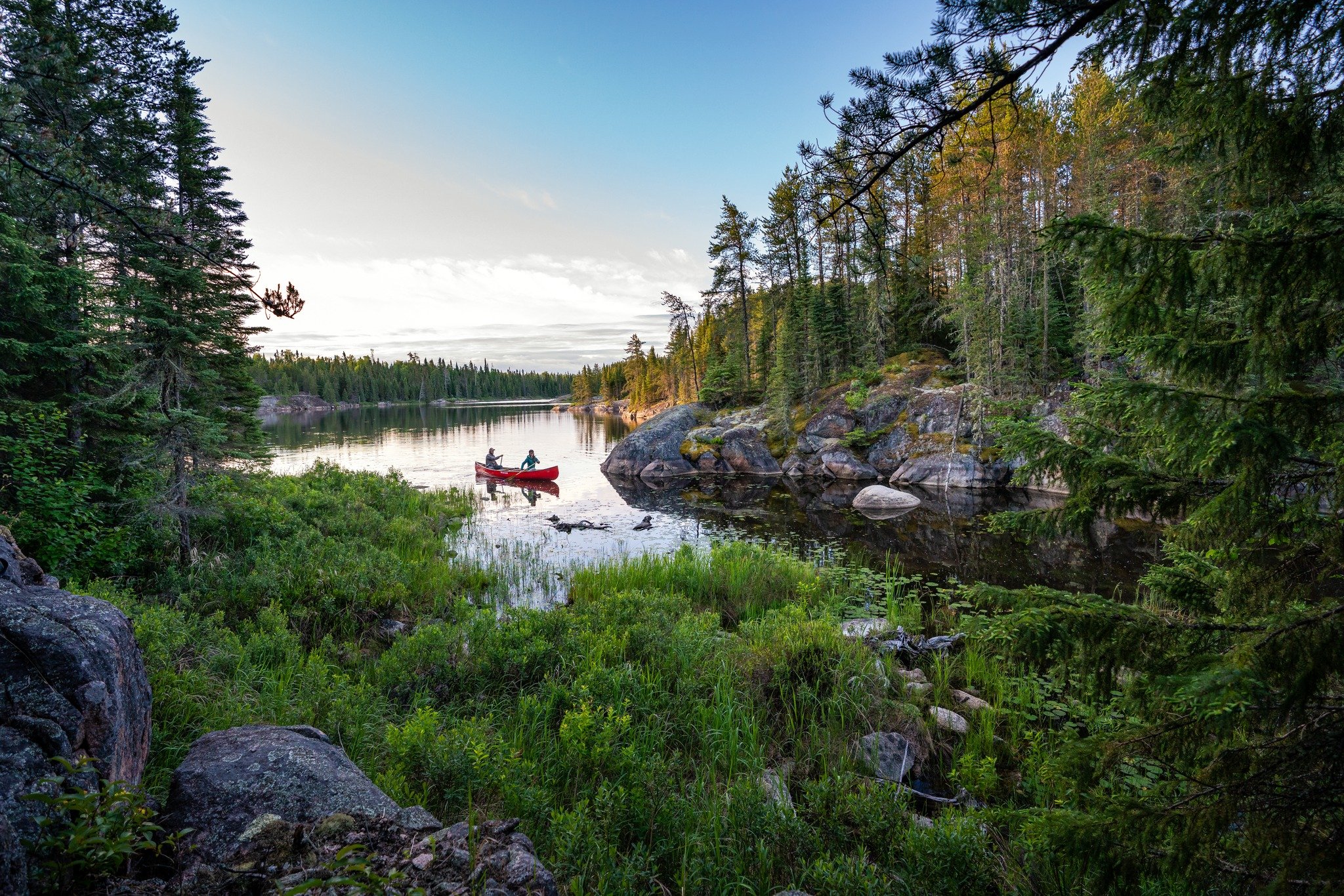
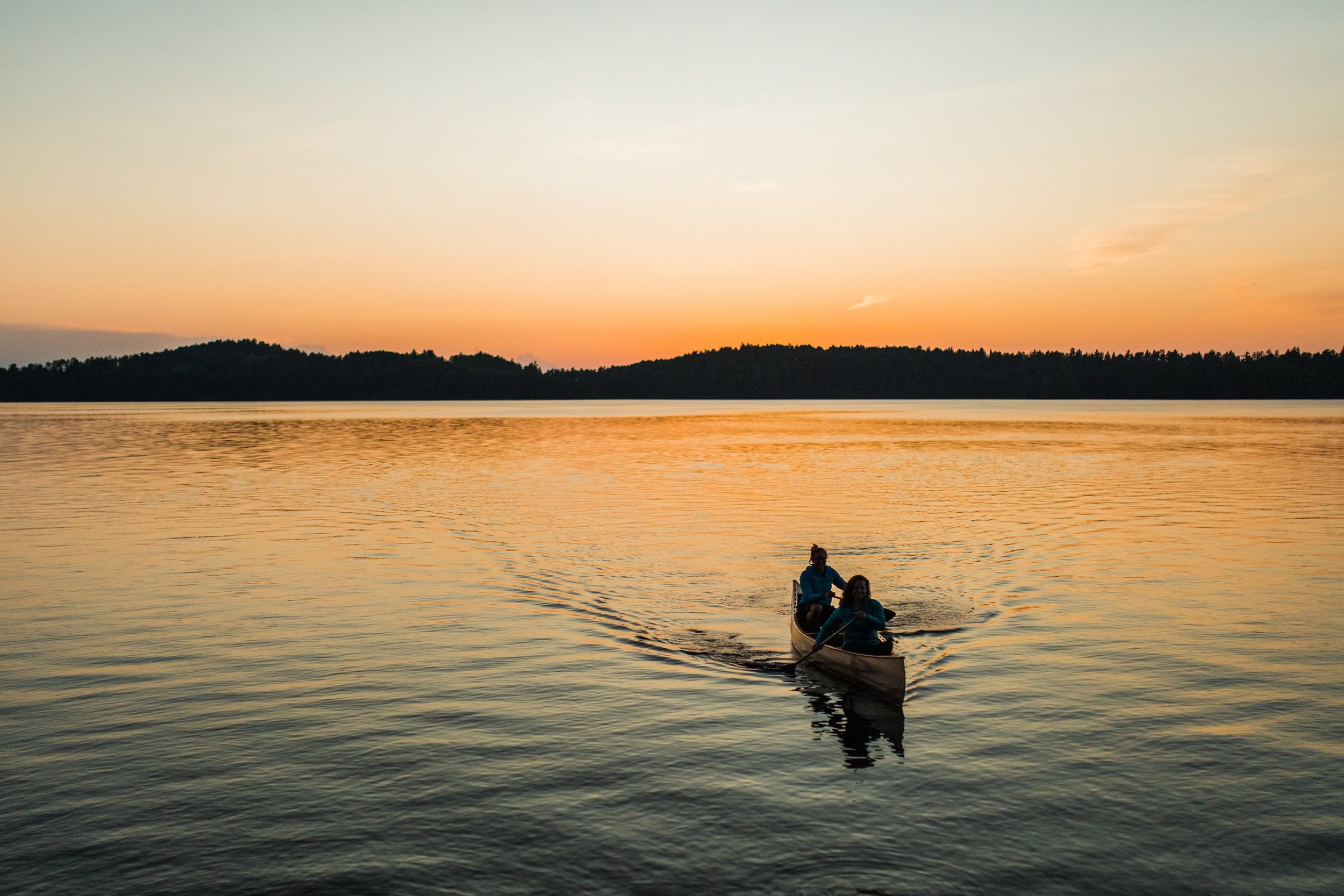
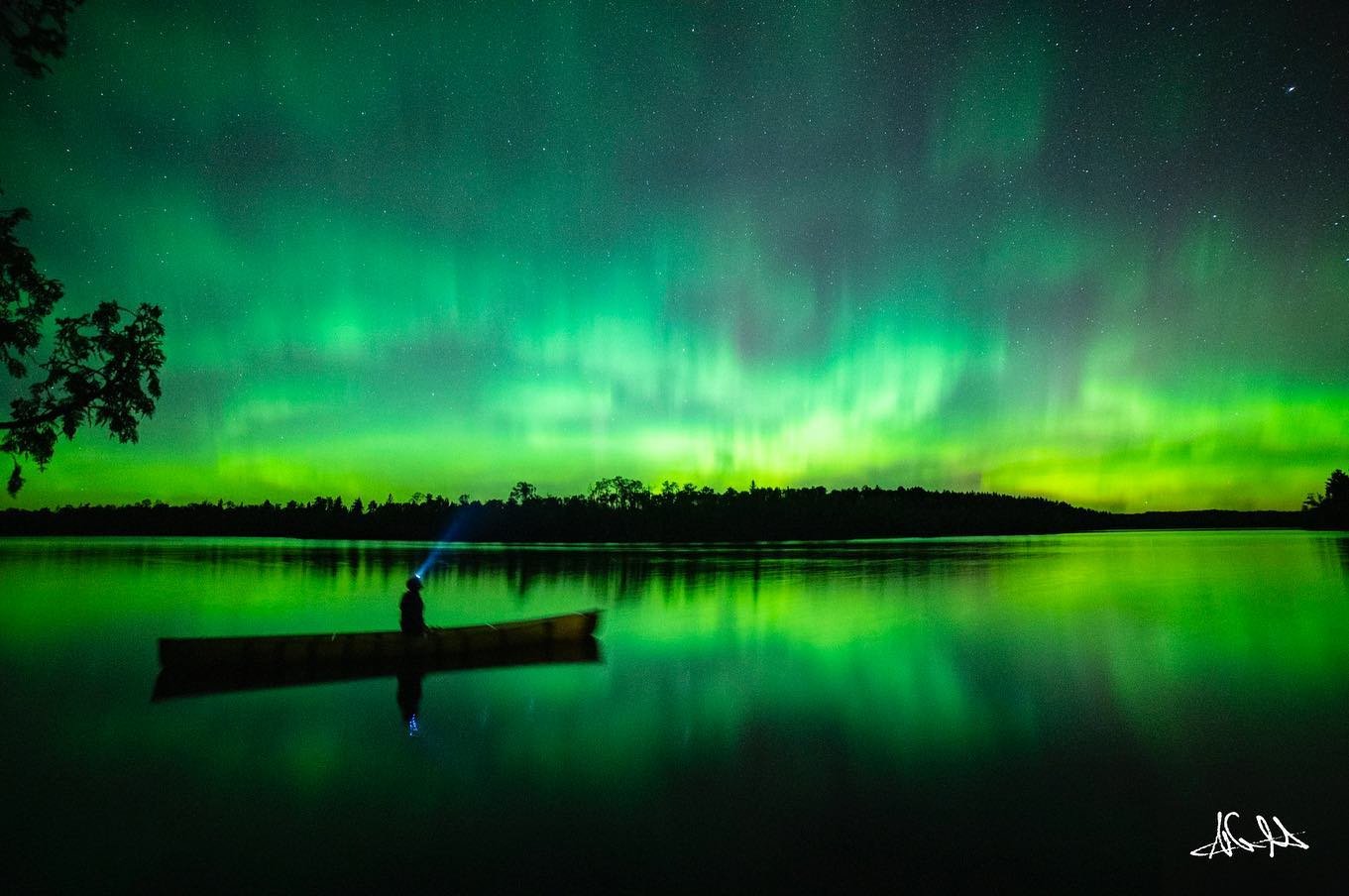
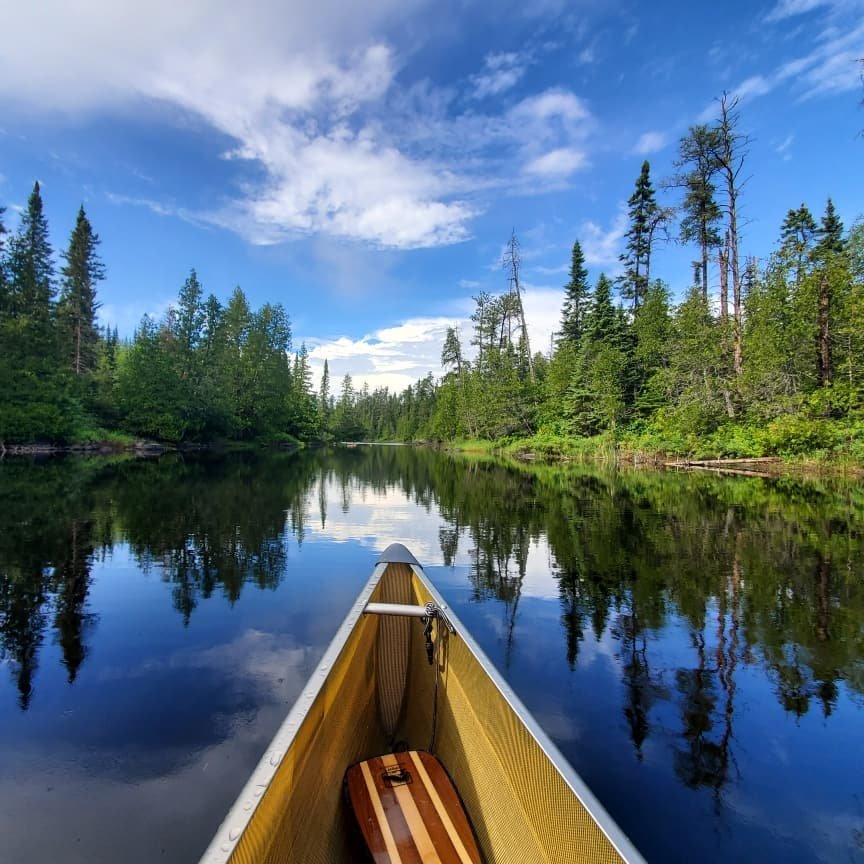

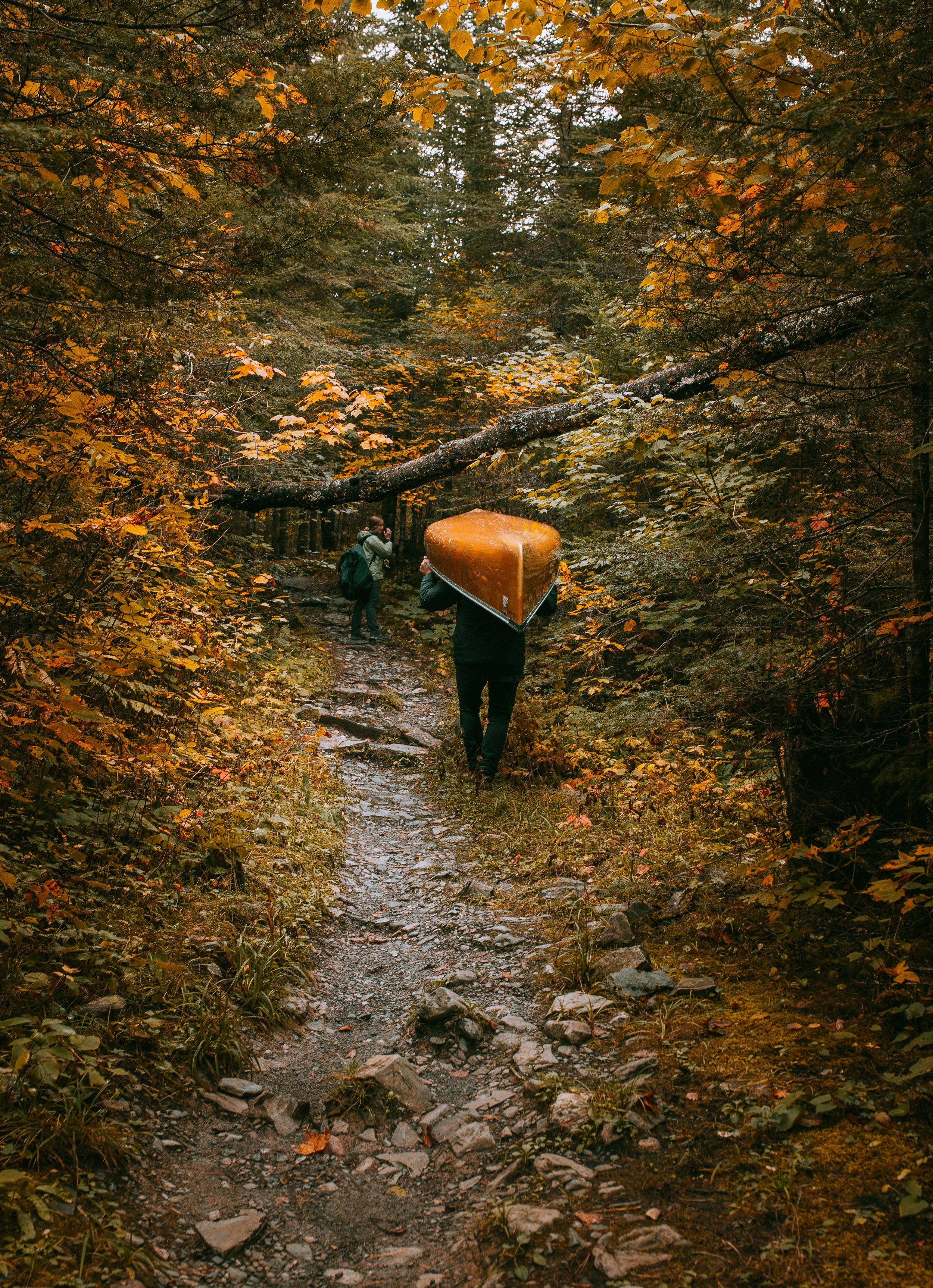
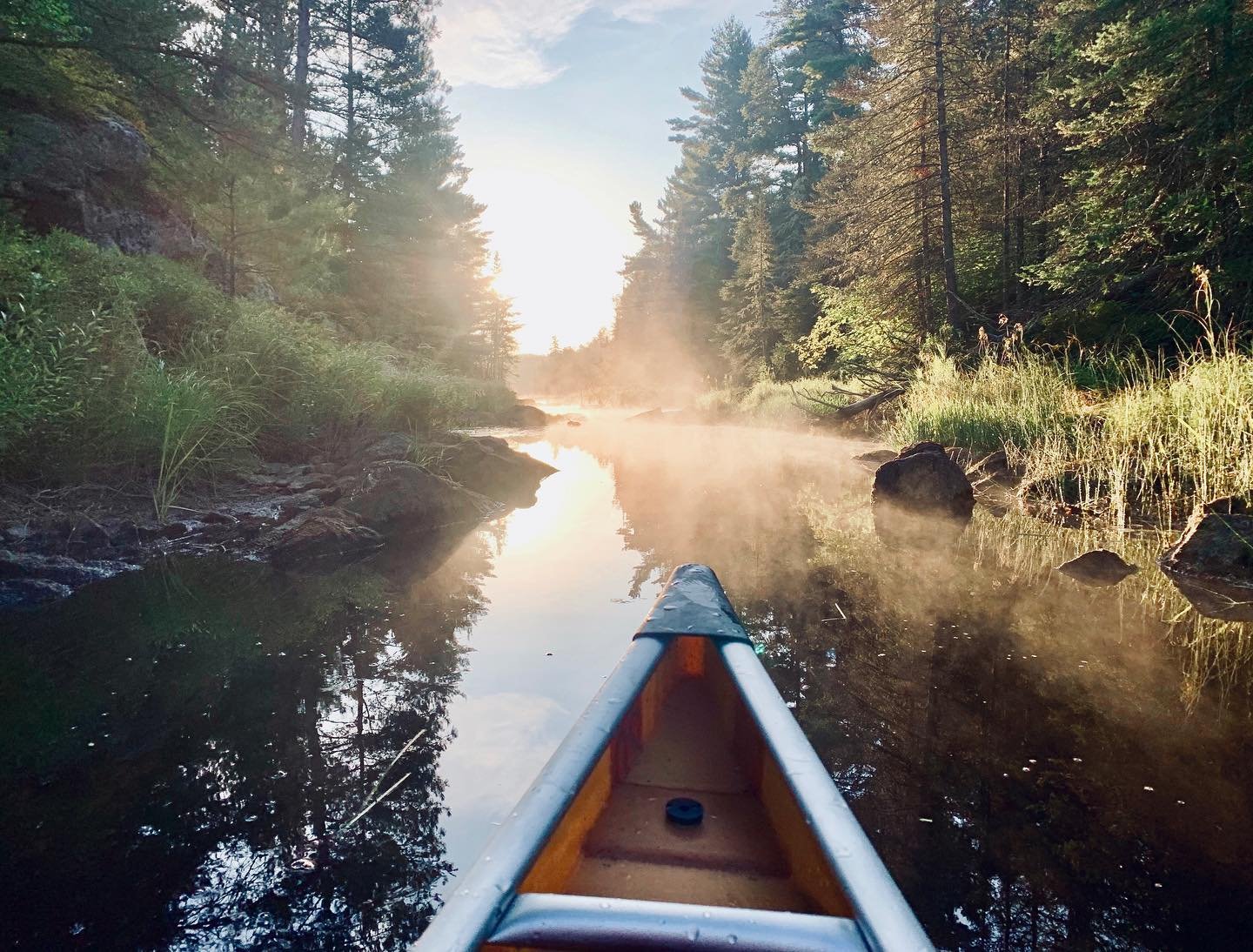
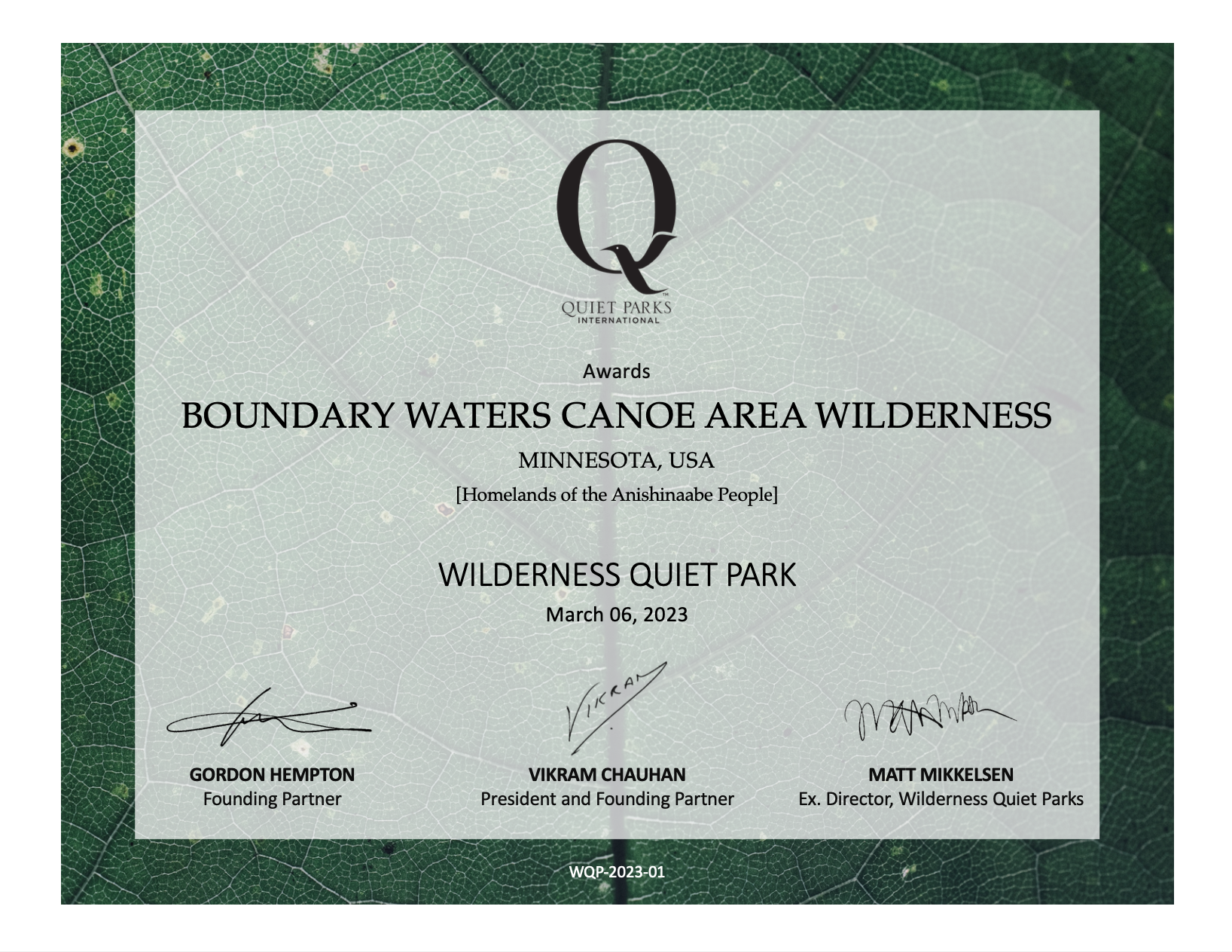
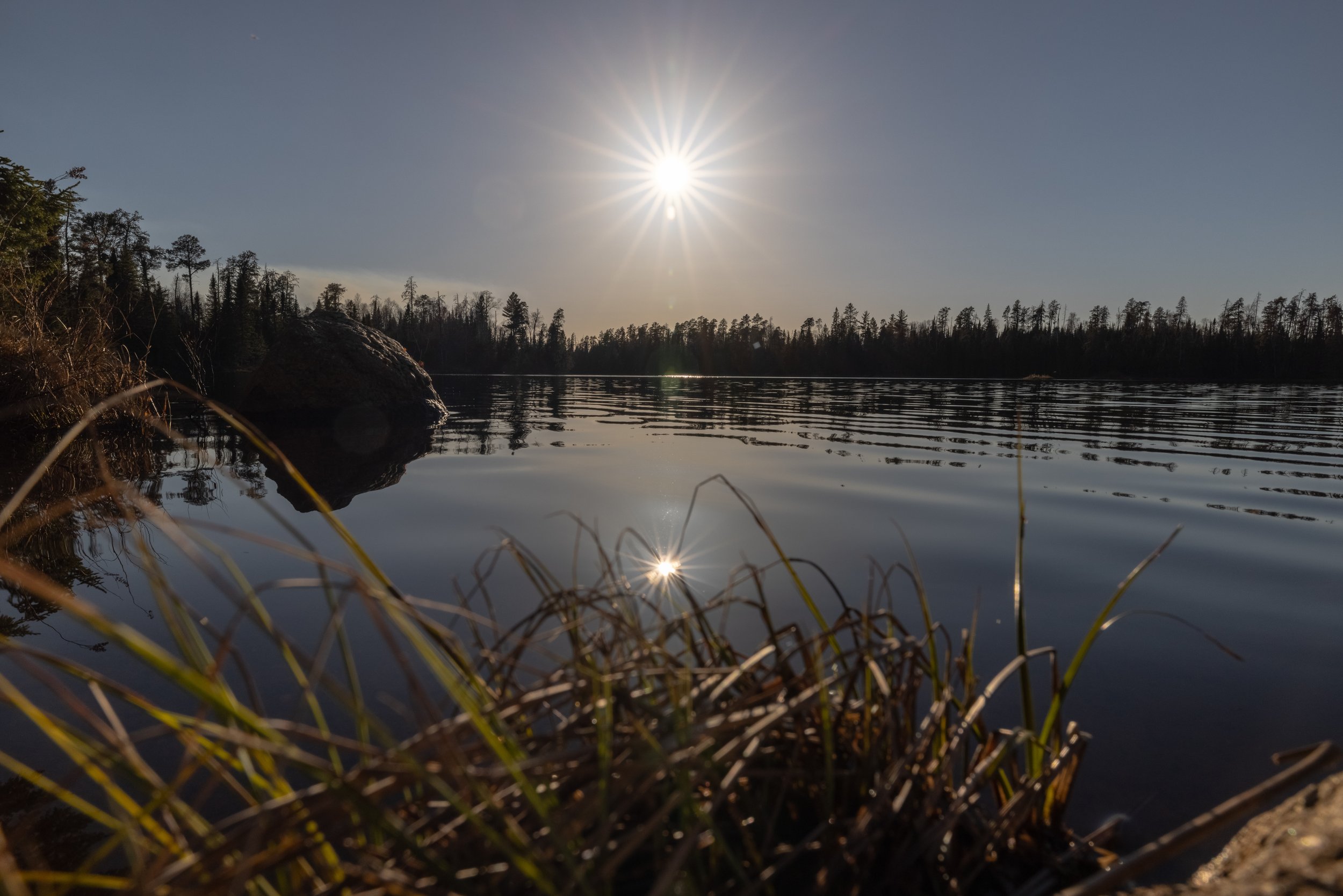

Photo credit: Quiet Parks International, Recal Travel and Save the Boundary Waters
Quiet Parks International, a non-profit organization based in Los Angeles, has announced plans to establish additional Wilderness Quiet Parks worldwide. The American Prairie Reserve in Montana, USA, Grasslands National Park in Saskatchewan, Canada, Namibrand Nature Reserve in Namibia, and Bialowieza Forest in Podlaskie Voivodeship, Poland are among the locations being considered for these parks, among others.
In 2019, Zabalo River in Ecuador became the First Wilderness Quiet Park, serving as a model for preserving natural soundscapes and recognizing the value of quiet spaces globally.
Preserving natural quiet is vital for maintaining the natural soundscape of the land, protecting the natural life and habitats that depend on it. Quiet Parks International classifies quiet areas into five categories: urban quiet parks, wilderness quiet parks, quiet trails, quiet stays, and quiet residences and communities. The organization encourages people to safeguard these areas by following the three core concepts of Listen, Learn, and Love.
Press Contact
Gordon Hempton, Executive Director of Media Affairs, gordon@quietparks.org, cell +1-360-477-9588, Skype ID quiet.planet1
